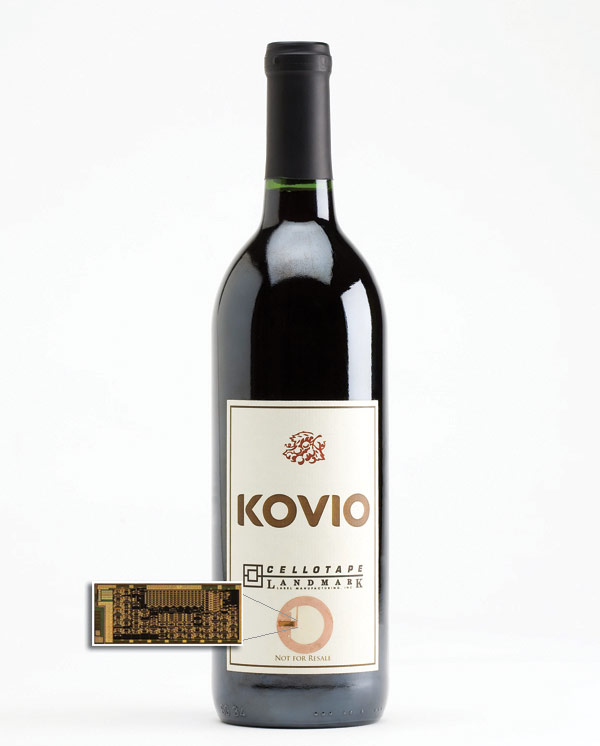Printing a Path to Success

Being a semiconductor startup in Silicon Valley is tough: to compete with established firms, you need tens of millions of dollars in initial investments and lots of time to commercialize your technology. Such is the situation facing Kovio, a startup based in Milpitas, CA. Founded in 2001 with technology spun out of MIT, Kovio makes chips by printing silicon circuits onto flexible paper-thin sheets of metal instead of etching them into rigid substrates using conventional lithography. Silicon particles are suspended in a liquid, and ink-jet printers deposit it in patterns on metal foils. The result is cheaper than traditional circuits and faster than printed organic electronics. And flexible chips could lead to new products, such as roll-up display screens.
For most of its history, Kovio’s scientists and engineers focused on fine-tuning the printing process while its executives scoured various markets for a killer application. In 2008, the company announced its first product: printable RFID tags to replace the bar codes used to label products and the magnetic strips found on public-transit fare cards.
Today, the RFID market is worth about $5.6 billion. But it has yet to realize its potential, says Kovio CEO Amir Mashkoori, because conventional chips are too expensive. Today’s tags can be as cheap as 15 cents each, but it doesn’t make economic sense to slap a 15-cent tag on a $1 bottle of soda. Kovio’s technology, Mashkoori says, can print RFID tags for a fraction of the price of conventional tags. That could promote wider use and give the company the revenue it needs to expand into different product categories, such as displays.
Because of the recession, the past couple of years have been financially tense for the company. Even so, last year it was one of the top-funded semiconductor companies in Silicon Valley. (In total, more than $80 million has been pumped into the business.) Companies worldwide are evaluating its RFID technology, and Kovio recently announced a licensing agreement with chemical supplier Nissan Chemical Industries that could lead to printed displays. Product availability is expected to be announced later this year.
Keep Reading
Most Popular
Large language models can do jaw-dropping things. But nobody knows exactly why.
And that's a problem. Figuring it out is one of the biggest scientific puzzles of our time and a crucial step towards controlling more powerful future models.
The problem with plug-in hybrids? Their drivers.
Plug-in hybrids are often sold as a transition to EVs, but new data from Europe shows we’re still underestimating the emissions they produce.
How scientists traced a mysterious covid case back to six toilets
When wastewater surveillance turns into a hunt for a single infected individual, the ethics get tricky.
Google DeepMind’s new generative model makes Super Mario–like games from scratch
Genie learns how to control games by watching hours and hours of video. It could help train next-gen robots too.
Stay connected
Get the latest updates from
MIT Technology Review
Discover special offers, top stories, upcoming events, and more.